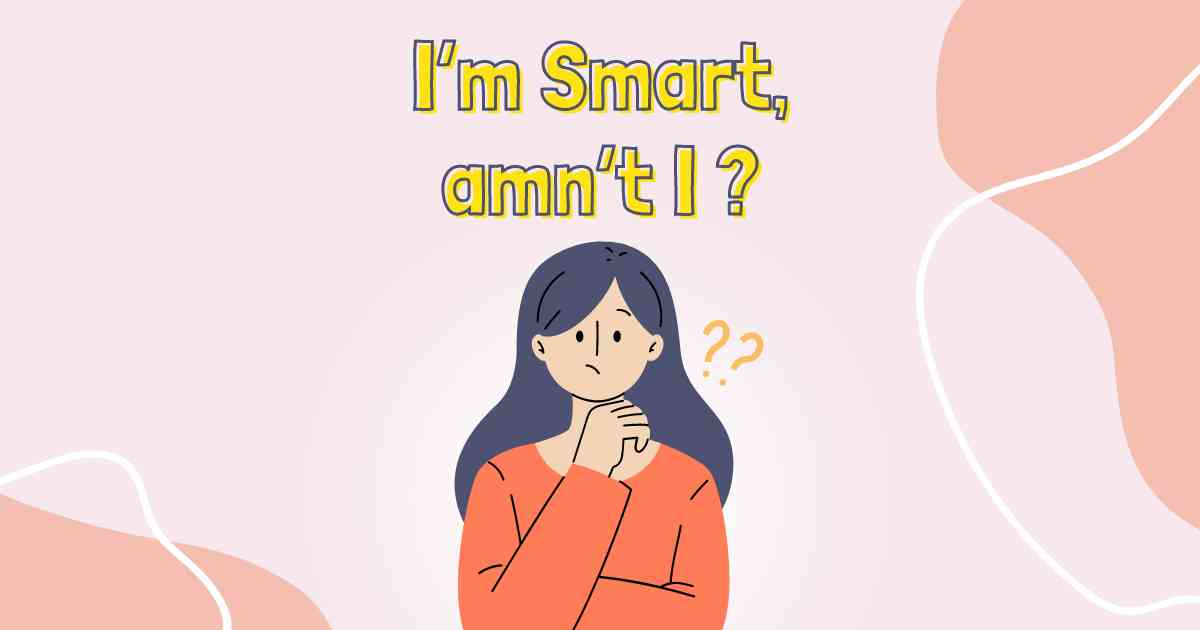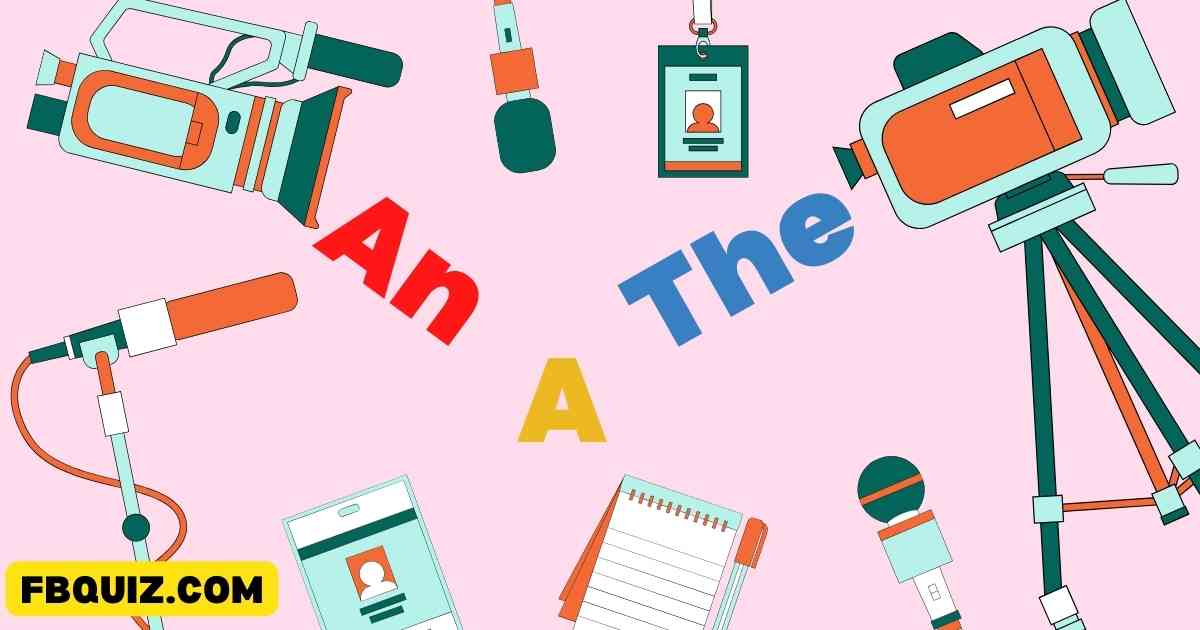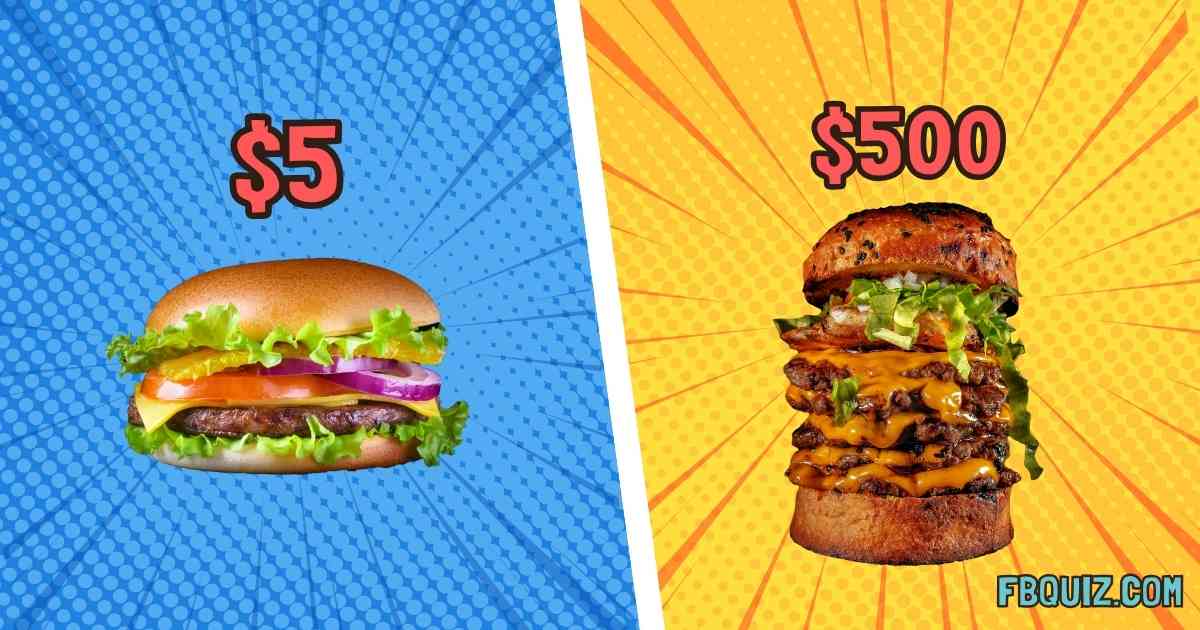Conditional sentences are all about “if-then” situations—they help us talk about possibilities, dreams, plans, and things that could have happened. Conditional sentences talk about possible or imaginary situations and their outcomes.
They usually have two parts: the “if” part (the condition) and the main part (the result).
4 Types of Conditional Sentences
There are four main types of conditional sentences in English, each used for different kinds of situations. Let’s break each one down!
- Zero Conditional
- First Conditional
- Second Conditional
- Third Conditional
| Pos. | Name | Points |
|---|---|---|
| 1 | Bach | 20 |
Zero Conditional
Usage:
This type is used for general truths or laws of nature—things that always happen when the condition is met.
Structure:
If + present simple, present simple
Examples:
“If you heat water, it boils.”
“If it rains, the ground gets wet.”
Key Point:
It’s like a scientific fact. The result always happens when the condition is met.
| Pos. | Name | Points |
|---|---|---|
| 1 | Sebastian | 20 |
First Conditional
Usage:
This type is for real and possible situations in the future. It’s used when the condition is likely to happen.
Structure:
If + present simple, will + base verb.
Examples:
“If it rains tomorrow, I will stay home.”
“If you study hard, you will pass the exam.”
Key Point:
Think of this as “planning for the future.” The condition might happen, and if it does, the result will follow.
| Pos. | Name | Points |
|---|---|---|
| There is no data yet |
Second Conditional
Usage:
This type is for unreal or hypothetical situations in the present or future. It’s used for things that are unlikely or imagined.
Structure:
If + past simple, would + base verb.
Examples:
“If I won the lottery, I would travel the world.”
“If I were you, I would take the job.”
Key Point:
This is all about imagination or advice. You’re talking about something that’s not real now but could be possible in your mind.
Third Conditional
Usage:
This type is for unreal situations in the past—things that didn’t happen. It’s used to talk about regrets or things you wish had been different.
Structure:
If + past perfect, would have + past participle.
Examples:
“If I had studied harder, I would have passed the exam.”
“If they had left earlier, they would have caught the train.”
Key Point:
This one’s like a time machine for talking about the past. You’re imagining a different outcome than what actually happened.
Quick Tips for Using Conditional Sentences
Tense Matching
Each type of conditional sentence has its specific tense pattern. Stick to these patterns to sound natural.
Comma Use
When the “if” part comes first, use a comma to separate it from the main clause. No comma is needed if the main clause comes first.
Example with comma: “If I see her, I will tell her.”
Example without comma: “I will tell her if I see her.”
Mixed Conditionals
Sometimes, you might encounter mixed conditionals that combine elements from different types. These are more advanced, so master the basics first.
Practice
Try creating sentences using each type. Think about real-life situations for the first and zero conditionals, and let your imagination run wild for the second and third conditionals.
To get the hang of these, try making your own sentences. Here are some hints:
Zero Conditional: Think about scientific facts or general truths.
“If you mix red and blue, you get purple.”
First Conditional: Plan for future possibilities.
“If I finish my homework, I will watch a movie.”
Second Conditional: Dream about hypothetical situations.
“If I had a million dollars, I would buy a house.”
Third Conditional: Reflect on past situations.
“If I had known about the party, I would have gone.”
Conclusion
Conditional sentences are a powerful tool in English, allowing you to talk about everything from scientific facts to dreams and regrets. By understanding and practicing the four types, you’ll be able to express yourself more clearly and creatively.
So, start using them in your conversations and writing, and watch your English skills grow! If you have any questions or need more examples, please drop your comment below.


